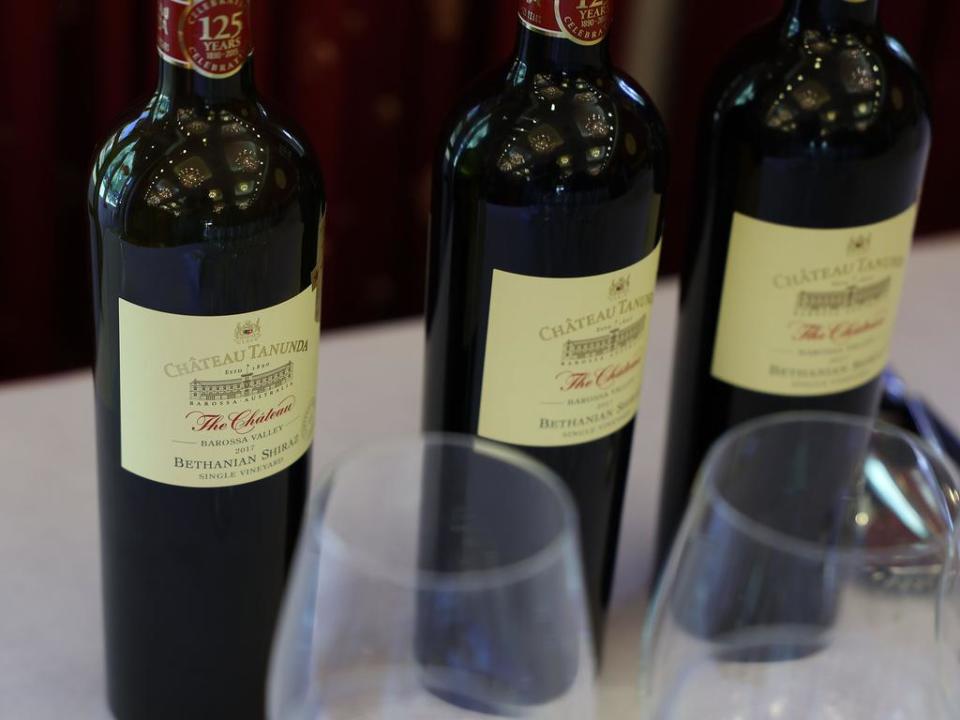China backs down from Aussie wine ban

The Chinese government has lifted heavy tariffs on Australian wine imports, in the latest sign the trading relationship has stabilised.
In a statement, the Australian government said it had been notified that from Friday China would remove its duties on Australian bottled wine.
“We welcome this outcome, which comes at a critical time for the Australian wine industry,” the statement read.
“The re-entry of Australian bottled wine into the Chinese market will benefit both Australian producers and Chinese consumers.
“This outcome affirms the calm and consistent approach taken by the Albanese Labor government and follows the success of the similar approach taken to remove duties on Australian barley.”
Since 2020, China’s duties on Australian wine effectively made it unviable for Australian producers to export bottled wine to that market. Australia’s wine exports to China were worth $1.1bn in 2019.

“We acknowledge and thank Australian grape growers and wine producers for their fortitude and support during a challenging period,” the statement continued.
“The removal of duties means that Australia will discontinue its legal proceedings at the World Trade Organisation.
“The Australian Government’s approach is to co-operate with China where we can, disagree where we must and engage in our national interest – the outcomes on barley and wine reflect that approach.
“We will continue to press for all remaining trade impediments affecting Australian exports to be removed, which is in the interests of both Australia and China.”
Beijing clamped heavy duties on imports on bottled wine in 2020 when its diplomatic relationship with Canberra was at its worst, crippling the Australian wine industry and severed the markets’ value from a peak of $1.1bn to about $10m last year.
China agreed in October to review the tariffs after the former Coalition government first referred the taxes to the World Trade Organisation in late 2021, which Labor said would continue if the review did not result in the removal of the duties.

South Australian Business Chamber chief executive Andrew Kay said he advised local businesses to proceed with care and
manage expectations.
“This news will certainly boost the spirits of a sector that is going through tough times, just as they wearily harvest the last grapes of vintage 2024,” he said.
“While no one can guarantee how the Chinese market will respond, it is unlikely we will return to the halcyon days, at least in the short-term.
“It is important we learn from history and for South Australian wineries to view this news and their response from a strategic, rather than opportunistic perspective.”
The decision follows China’s decision to remove hefty tariffs on Australian barley late last year, as well as the resumption of coal and cotton exports.
The Albanese government will continue to push China to remove trade barriers on rock lobster and meat from some abattoirs.

 Yahoo Finance
Yahoo Finance 